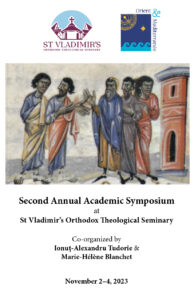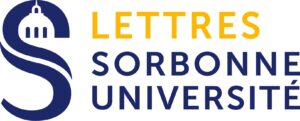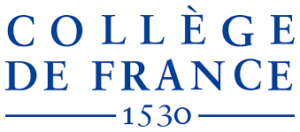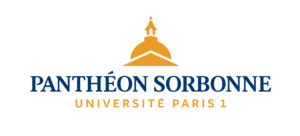Entangled Christian Polemics in the Late Byzantine Empire (13th–15th c.)

Second Annual Academic Symposium.
The controversies which overlap and are entangled between the 13th and 15th centuries can be approached from at least three viewpoints:
- the contribution to the definition or redefinition of what constitutes the truthful Orthodox tradition and what is novelty and should be rejected and excluded, therefore of Orthodoxy and deviance (schism and / or heresy);
- the different literary genres and various discursive strategies used by both the “heretics” and the “orthodox” to articulate and disseminate these new ideas that come to subvert, threaten or transform the Orthodox tradition;
- the protagonists (individuals, groups, and institutions) who were in a position to determine this limit and define the true faith.
Using a similar methodological approach successfully implemented so far in the field of heresiology by Averil Cameron and Tia Kolbaba, our aim is to explore this major topic via a crossed and comparative approach, avoiding thus a mere analysis of a single controversy disconnected from the larger context. The invited speakers are, therefore, asked to contemplate, as much as possible, different intersecting polemical discourses, either in open conflict with each other (Palamite controversy and the discussion regarding the influence of Thomism), contaminated by one another (Palamite controversy and accusations of Bogomilism), subverted one by the other (Arsenite schism and the discussion of the Union between the Latin and the Byzantine Churches), echoes of previous discourses (continuous reference to ancient heresies in order to connect with these new ideas and realities; relations between the unionist discussion and the challenges connected with Thomism), or any other potential relationship that express this entangled polemical context.




